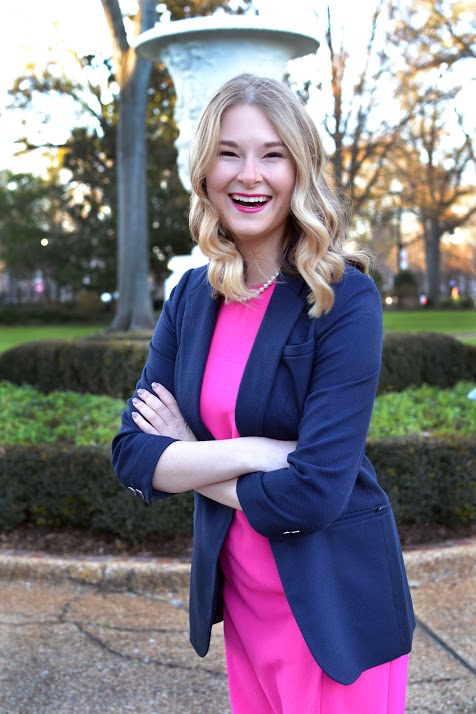The SGA Constitution requires the executive vice president to be a graduating senior for good reason, and it shows in this year’s outstanding candidates for this office. Both have been exemplary members of SGA for their years at the University. Both would discharge the duties of this office well. One of these candidates has a slight advantage over the other due to the distinctiveness of her ideas and the relevance of her experience, which is why the CW Editorial Board endorses Miranda Cobb for executive vice president.
As director of First Year Council, Miranda Cobb has done what none of her very capable predecessors have been able to: make First Year Council a valued partner in the SGA legislative process and an active force for good on this campus. Under her guidance, the Councilors have had the benefit of mentorship from SGA executives, senators and judiciary members. They have also partnered with the senate on legislation, including a Constitutional Amendment, and have run a variety of freshman programming. Her success is obvious in the number of councilors currently running for senate. Because First Year Council is such an important part of the job of executive vice president, this vertical move is natural for Cobb.
In addition to her experience, Cobb is running on some of the most creative and useful platform ideas put forth by any candidate this year. Her platform tracker is such a strong idea that were she running on no other issue but this we would still strongly consider endorsing her. This idea would require all cabinet-level executives to collaborate with their directors to set clear, measurable and most importantly public goals at the beginning of their term in office. It would enable the president and executive vice president to monitor the status of all cabinets without additional meetings and would enable students and media outlets such as our own to be better informed watchdogs over the SGA. Her Capstone Mentoring Program is also intriguing, and if it’s anything like the program she’s instituted for FYC, we’re sure it will be a success. While many candidates this season are making veterans affairs an integral part of their platform, Cobb, as a post-9/11 GI Bill dependent, is most directly affected by this issue, and her passion for veterans and military dependents extends into her job as marketing coordinator for the Office of Veterans and Military Affairs and as president of Caring for Camo. She’s been on the forefront of this issue for a long time.
Cobb’s few weaknesses are that she can come off nervous upon first meeting and that the “Equality” section of her platform was slightly vague and seems like an afterthought to us.
Ben Leake’s candidacy made this decision difficult because his strengths were similar to Cobb’s. He is an intelligent and compassionate person with both experience in and enthusiasm for SGA. His leadership skills are impressive, and we enjoyed his open and honest nature. His platform ideas, while useful and feasible, struck us as largely redundant. His idea for Student Action Teams are almost identical to the committees SGA has and underutilizes now. His idea for an advisory council of “concurrent positions” is a better fit for the Office of Engagement or Multicultural affairs. His Academic Accountability Board and Bama Budget program likewise would be a better fit for the Office of Academic Affairs and Office of Financial Affairs, respectively. The high point of his platform is a Parking Partner tool that would help students, especially freshmen, pick the parking pass that’s best for them based on their class schedule and living situation. Although Leake impressed us with his experience and leadership skills, his #TakeALeake images and video led the CW Editorial Board to question the seriousness of his campaign.
Because of her incredible ideas, the CW Editorial Board endorses Miranda Cobb for executive vice president.
Our View represents the consensus of The Crimson White Editorial Board.









